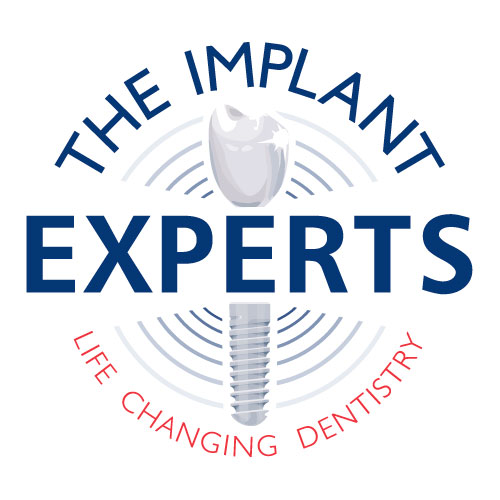Thinking about getting dental implants but unsure if your gums are up to the task? It is an understandable concern. While dental implants are a long-lasting, natural-looking solution for missing teeth, healthy gums are essential to their success. In this article, we will explain why gum health matters, how gum disease can affect implants, and what steps you can take to get your mouth in the best possible shape for treatment.
Gum disease undermines the foundation for implants
Dental implants need a solid, healthy foundation to succeed — and that foundation is your jawbone and surrounding gum tissue. When gum disease (also known as periodontal disease) is present, it begins to quietly but aggressively break down this vital support structure.
As gum disease progresses, it causes inflammation and infection that erode the tissue and bone around your teeth. Unfortunately, this damage doesn’t just affect your natural teeth – it also compromises the stability of dental implants. Without sufficient healthy bone and firm, disease-free gums, an implant cannot properly anchor in place.
Think of it like building a house – no matter how strong the structure is, it won’t hold up if the foundation is crumbling. That is why treating gum disease is an essential first step before considering implants.
Gum disease raises the risk of implant infection
When it comes to dental implants, maintaining a healthy oral environment is essential – and active gum disease puts that at serious risk. That is because gum disease is caused by a buildup of harmful bacteria, which can easily infect the area around a newly placed implant.
Once an implant is placed, it needs time to integrate with the bone and heal properly. However, if gum disease is present, the bacteria can invade the implant site, leading to a condition called peri-implantitis – a type of infection that causes inflammation, bone loss, and ultimately, implant failure if left untreated.
Peri-implantitis can be difficult to manage and often results in the removal of the implant. That is why dentists emphasise the importance of treating any gum disease before implant surgery. Eliminating infection not only protects your overall health but also gives your implant the best possible chance for long-term success.
The importance of healing after implant surgery
Successful dental implants do not just rely on placement – they rely on your body’s ability to heal and bond with the implant over time. This process, called osseointegration, is what allows the implant to become a strong, stable part of your jaw.
But if you are dealing with gum disease, your body is already fighting off infection and inflammation. That makes healing after implant surgery much more difficult. The tissues may not regenerate properly, and the bone may not fuse securely with the implant.
This increases the risk of complications – including implant failure – even if everything seemed to go well during the procedure. Simply put, healthy gums set the stage for a smooth recovery and long-term success, while untreated gum disease can throw the whole process off track.
Treating and reversing gum disease
The good news? Gum disease does not have to be a permanent barrier to getting dental implants. In many cases, with the right treatment and care, it can be managed – and even reversed if caught early.
Treatment starts with a thorough dental evaluation to determine the stage of gum disease. For early stages (gingivitis), a professional cleaning and improved at-home oral hygiene may be enough to restore gum health. However, more advanced gum disease (periodontitis) often requires deeper intervention, such as:
- Scaling and Root Planing – A deep cleaning procedure that removes plaque and bacteria from below the gumline.
- Antibacterial Therapy – Prescription rinses or localised antibiotics may be used to control infection.
- Laser or Surgical Treatment – In severe cases, gum surgery or laser therapy may be needed to remove damaged tissue and reshape the gums.
- Ongoing Maintenance – Regular periodontal maintenance visits help keep the gums healthy and prevent future flare-ups.
Once the infection is under control and the gums have healed, your dentist can reassess your candidacy for dental implants. Treating gum disease first not only improves your implant success rate – it also protects your overall oral health for the long haul.
Considering dental implants?
If you are thinking about improving your smile with dental implants but are worried there may be issues with your gums, arrange a free initial consultation with a patient care manager here at The Implant Experts to talk through your concerns. Simply complete our quick and confidential online form and a member of our team will get back to you.

